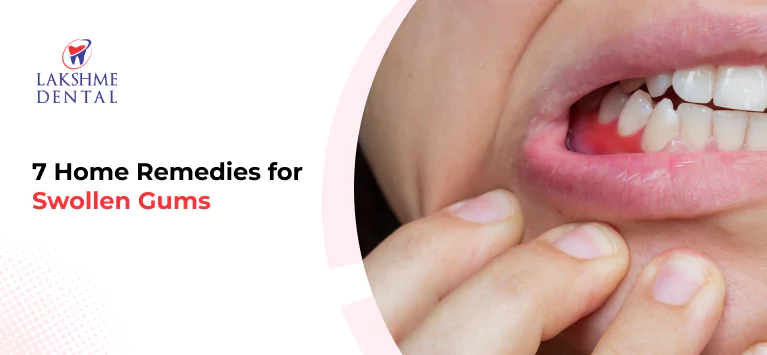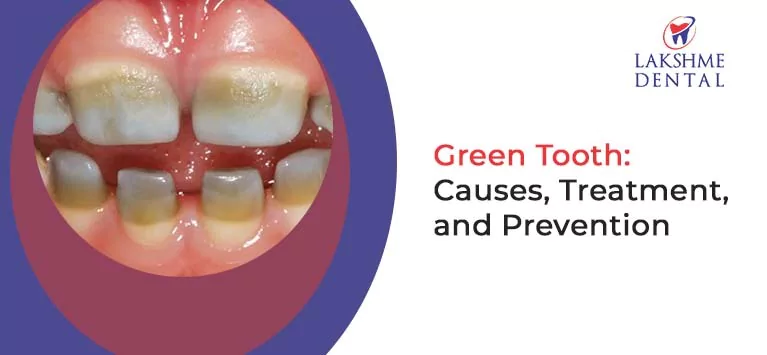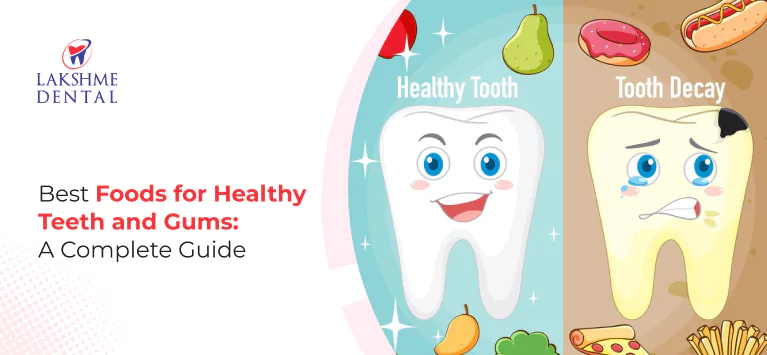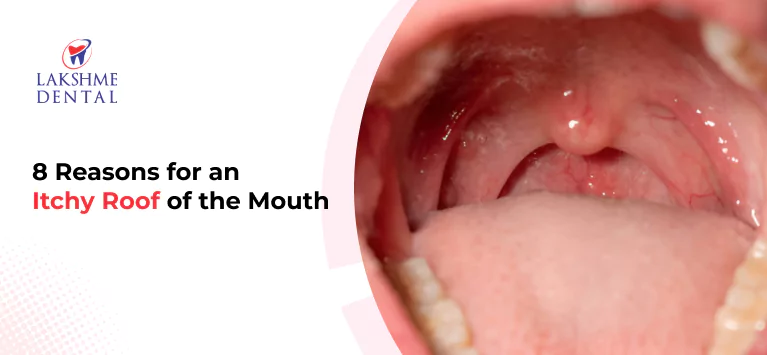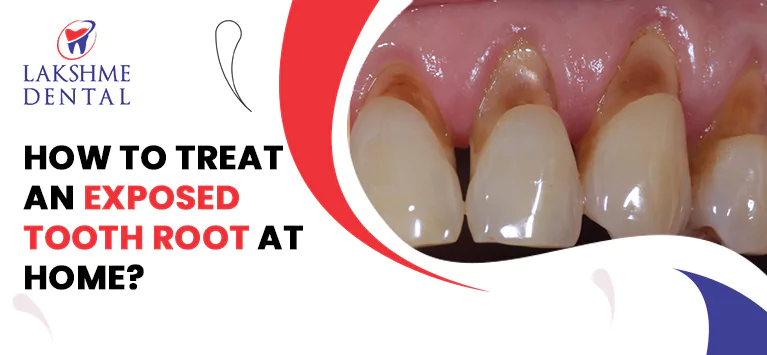
5 Quick Home Remedies to Get Relief from Sensitive Teeth
Sensitive teeth can make eating and drinking a painful experience. This common issue occurs when the protective enamel on the teeth wears down, exposing the underlying dentin. It can lead to discomfort when consuming hot, cold, or sugary foods and beverages. Many people seek quick relief from this discomfort without relying on prescription treatments.
Fortunately, there are several home remedies that can help alleviate the pain and sensitivity. In this blog, we will explore five effective home remedies for sensitive teeth. These simple and natural solutions can provide immediate relief and improve overall dental health. Knowing and applying these remedies can make everyday eating and drinking much more comfortable.
5 Easy Home Remedies for Relief from Sensitive Teeth
Now, we will discuss five home treatments to get relief from sensitive teeth, which are:
1.Use a Desensitising Toothpaste
Desensitising toothpaste is designed to help reduce tooth sensitivity. It works by blocking the pathways that lead to the nerves in the teeth.
How It Works
- Fluoride: Sensitivity toothpastes often contain fluoride, which strengthens tooth enamel and reduces pain.
- Desensitising Agents: These ingredients help to block nerve endings in the teeth.
How to Use It
- Brush Twice Daily: Apply a small amount of sensitivity toothpaste to your toothbrush and brush your teeth thoroughly in the morning and before bed.
- Be Consistent: Regular use helps build up protection against sensitivity over time.
Sensitivity toothpaste can gradually reduce discomfort and protect your teeth from further damage.
2. Try Saltwater Rinse
Saltwater is a natural remedy that can soothe irritated gums and teeth. It aids in reducing inflammation and eliminates bacteria in the mouth.
How It Works
- Antiseptic Properties: Salt has natural antibacterial properties that can help reduce infection and inflammation.
- Soothes Gums: It can also help calm inflamed gums that contribute to tooth sensitivity.
How to Use It
- Prepare the Solution: Mix one teaspoon of salt in a cup of warm water.
- Rinse: Swish the solution around your mouth for 30 seconds, then spit it out. Repeat 2-3 times a day.
A saltwater rinse is a simple and effective way to alleviate discomfort and maintain oral hygiene.
3. Apply Coconut Oil
Coconut oil has been used traditionally for its antibacterial and anti-inflammatory properties. It can help soothe sensitive teeth and gums.
How It Works
- Antibacterial Properties: Coconut oil helps to reduce bacteria in the mouth, which can alleviate inflammation.
- Moisturizing Effect: It also helps to coat the teeth and gums, reducing sensitivity.
How to Use It
- Oil Pulling: Swish a tablespoon of coconut oil in your mouth for 2-3 minutes, then you have to spit it out.
- Direct Application: You can also apply a small amount of coconut oil directly to the affected teeth and gums using your finger.
Incorporating coconut oil into your oral care routine can help manage sensitivity and promote overall oral health.
4. Use Clove Oil
Clove oil is known for its natural numbing effect and can provide temporary relief from tooth sensitivity. It also has anti-inflammatory and antibacterial properties.
How It Works
- Eugenol: Clove oil contains eugenol, which has anesthetic properties that can numb the affected area.
- Pain Relief: It helps reduce pain and discomfort associated with sensitive teeth.
How to Use It
- Dilute: Mix a few drops of clove oil with a carrier oil like coconut oil.
- Apply: Use a cotton ball to apply the mixture to the sensitive areas of your teeth. Allow it to remain for a few minutes before rinsing off.
Clove oil can provide temporary relief and help manage sensitivity when used carefully and as directed.
5. Apply a Baking Soda Paste
Baking soda is a gentle abrasive that can help remove plaque and neutralize acids in the mouth, reducing sensitivity.
How It Works
- Neutralizes Acids: Baking soda helps balance the pH in the mouth, which can alleviate pain caused by acid erosion.
- Removes Plaque: It helps to gently clean the teeth and reduce sensitivity caused by plaque buildup.
How to Use It
- Prepare the Paste: Combine baking soda with a little water to create a thick paste.
- Apply: Gently brush the paste onto your teeth using a toothbrush. After that, leave it on for about a few minutes before rinsing.
Using a baking soda paste can help reduce sensitivity and maintain a cleaner, healthier mouth.
Why Managing Tooth Sensitivity Is Important?
Sensitive teeth can significantly impact your quality of life. The pain can make it difficult to enjoy meals, beverages, and even simple daily activities. Addressing tooth sensitivity is not just about finding relief but also about preventing further dental issues. Ignoring sensitive teeth can result in more severe problems, such as:
- Progressive Enamel Erosion
Without proper care, the enamel on your teeth may continue to erode. This erosion exposes more of the dentin, increasing sensitivity and leading to potential cavities.
- Increased Risk of Cavities
As the enamel wears away, your teeth become more susceptible to cavities. This can lead to further dental problems, such as infections or more serious oral health issues.
- Gum Disease
Sensitive teeth are often accompanied by gum issues. If not managed, this can progress to gum disease, causing further oral health complications and pain.
- Impact on Daily Life
Persistent sensitivity can affect your ability to eat and drink comfortably. This can lead to a reduced quality of life as enjoyable activities become painful or uncomfortable.
- Preventative Care
Addressing tooth sensitivity with effective remedies and good oral hygiene practices helps prevent more severe dental issues. Regular dental check-ups and maintaining a proper oral care routine can keep sensitivity under control and ensure overall oral health.
By managing tooth sensitivity promptly and effectively, you protect your teeth from further damage and maintain your overall well-being.
Wrapping Up
Sensitive teeth can be a challenging issue, but these five home remedies offer effective and accessible solutions. Utilizing sensitivity toothpaste, saltwater rinses, coconut oil, clove oil, and baking soda paste can provide relief and improve overall dental health.
While these remedies can help manage sensitivity, it’s important to maintain good oral hygiene and consult with a dentist for persistent issues. By incorporating these simple remedies into your routine, you can enjoy eating and drinking with less discomfort and better oral health.


